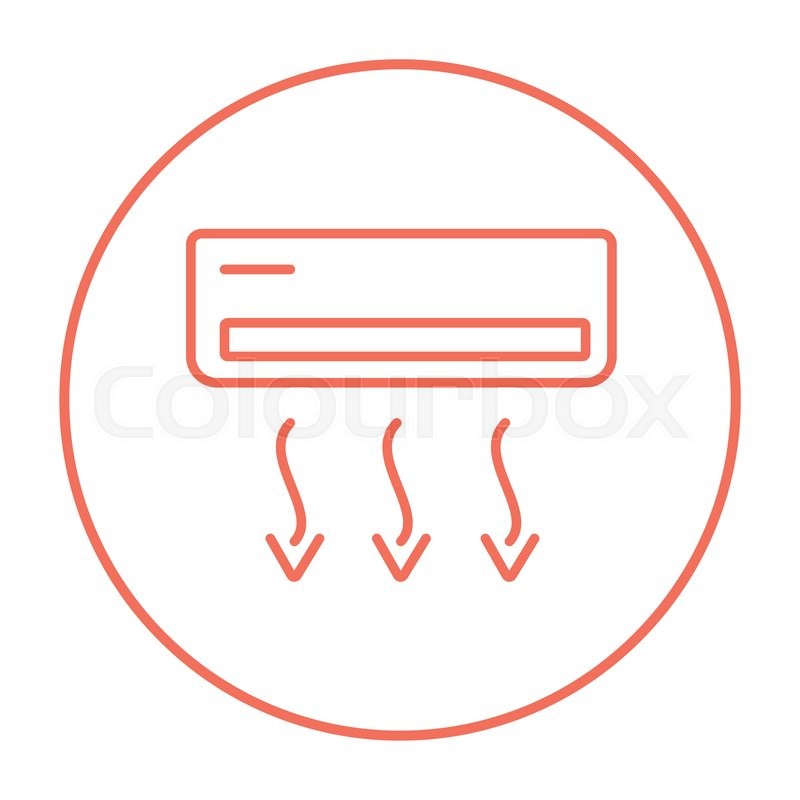Checking Out The Ecological Advantages Of Warmth Pumps - A Sustainable Heating Solution
Checking Out The Ecological Advantages Of Warmth Pumps - A Sustainable Heating Solution
Blog Article
Post Author-Keating Otto
In an era where sustainability and energy effectiveness are extremely important, numerous services look for environment-friendly home heating solutions. One such remedy is the heatpump.
A heatpump draws out the warmth in its surroundings and pumps it into your home, causing one of one of the most efficient green central heater around. This process also produces absolutely no greenhouse gas discharges, making it a highly sustainable modern technology.
Energy Effectiveness
Heatpump are extremely power efficient and call for little maintenance. They utilize less electricity than various other heating unit and are without a doubt one of the most eco-friendly. They function well with rooftop solar and can usually pay for themselves in energy savings alone.
They can also offer air conditioning, which is excellent for garage workshops, attic room hangouts and bonus areas, and home additions without extending the existing ductwork. They can even be utilized for retrofits in existing homes with hydronic (water-based) circulation systems such as low temperature radiators or glowing floors.
Try to find models with SEER and HSPF ratings that satisfy or go beyond copyright's minimum requirements, in addition to the standards in your region. Higher scores imply greater performance, which saves you cash over time and reduces your carbon impact. You might even qualify for discounts and rewards! The most effective units are those with a ground warm exchanger for added efficiency. These systems can take in thermal energy from the ground during the winter and extract it in the summer.
Lowered Greenhouse Gas Emissions
Heatpump run on electrical energy and essentially transfer heat from the air, even when it's chilly exterior. They are able to draw out the cost-free warmth trapped in air bits and relocate them indoors, reducing moisture while doing so.
Compared to gas heaters, modern-day heat pumps make use of less than one kilowatt of electricity per kilowatt of home heating power they generate. This makes them one of the most energy efficient heating choice offered with a POLICE OFFICER (Coefficient of Efficiency) of four or more. By slashing the demand for nonrenewable fuel sources, heat pumps help reduce greenhouse gas discharges and cut various other significant air toxins.
Building decarbonization is a global essential, and the a/c field is a vital motorist of that procedure. Whether air conditioner installation cost nz making internet no dedications, policy makers establishing exhausts limitations, or lessees requiring greener rooms, electrical heat pumps are being acknowledged as a necessary solution. They are an economical way to decrease carbon emissions by eliminating the need for nonrenewable fuel sources in structures.
Convenience
Heat pumps can be used in numerous types of homes and buildings-- with or without ducts. They deal with hot-water radiators, air-conditioning and programmable thermostats. They can replace furnaces or be mounted in new residences. They can operate on photovoltaic panels, geothermal systems and even area home heating resources like wastewater.
They're great at supplying even more warmth per power system. For https://www.the74million.org/article/the-nations-aging-schools-must-improve-air-quality-to-prevent-covid-transmission-experts-say-but-the-price-tag-is-daunting-145-billion/ , an air-source heat pump generates approximately 3 or even more heating systems from each electrical energy unit it consumes.
Obtaining the most from your heat pump will rely on your climate area and high quality of insulation. Try to find designs with ENERGY STAR scores and contrast their SEER or HSPF specifications. In warmer climates, concentrate on SEER; in colder regions, think about a system with a higher HSPF score. Additionally, invest in air sealing and insulation to decrease the tons on your heatpump. That will improve power effectiveness and aid you reach your Internet Zero goals much faster.
Biomass Boilers
Biomass central heating boilers utilize wood pellets, chips or logs to create warm and warm water. They are a great option for off-grid buildings or those that intend to get off the gas grid.
As a standalone heating unit, biomass can offer enough power to maintain your home warm all the time without the normal warmth drop off of other renewable technologies. They can also be made use of along with solar panels to increase savings and benefit from RHI payments.
A disadvantage of these systems is the upfront cost and normal gas shipments. Commonly, https://cost-of-installing-water88888.csublogs.com/35603804/heatpump-vs-furnace-which-is-the-better-heating-alternative-for-your-home will certainly require to be blown right into a fuel shop using a vacuum system or they can be manually fed right into the central heating boiler via a receptacle. Logs are generally self-sourced from close-by timberland or gotten wholesale. In addition to this, they call for hand-operated loading and may need cleansing often.